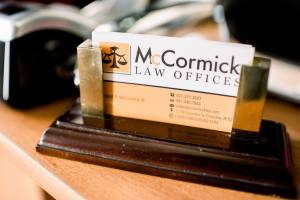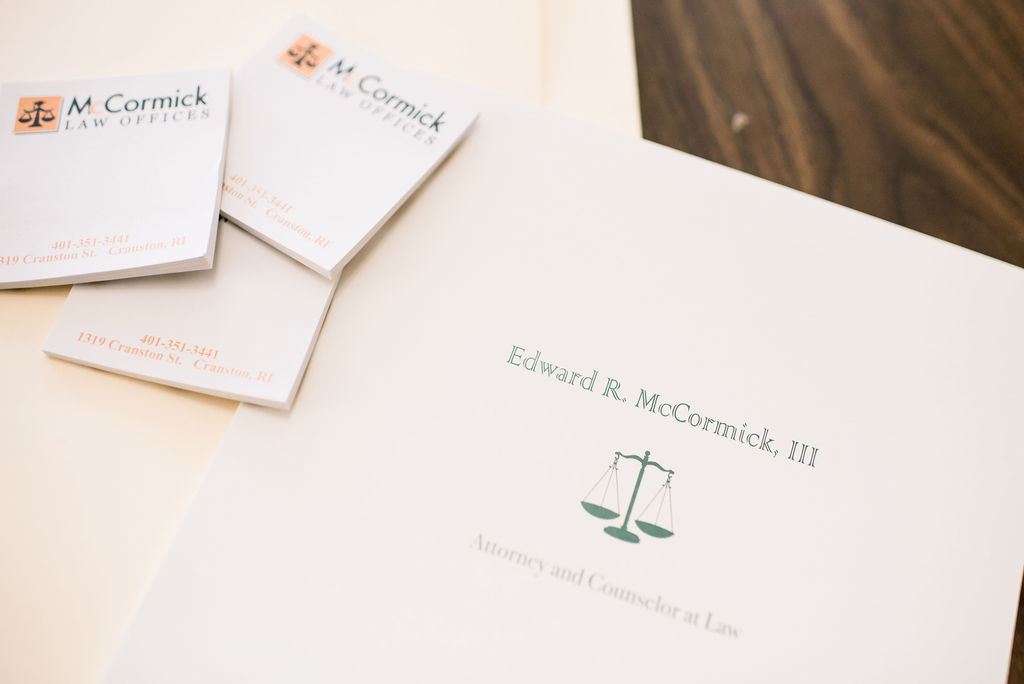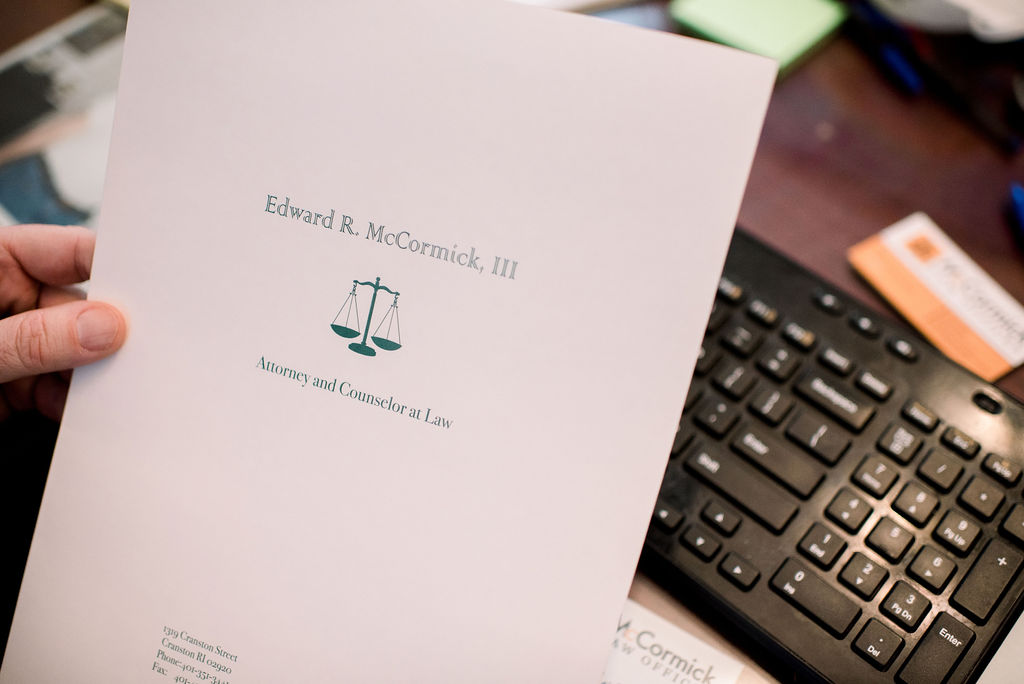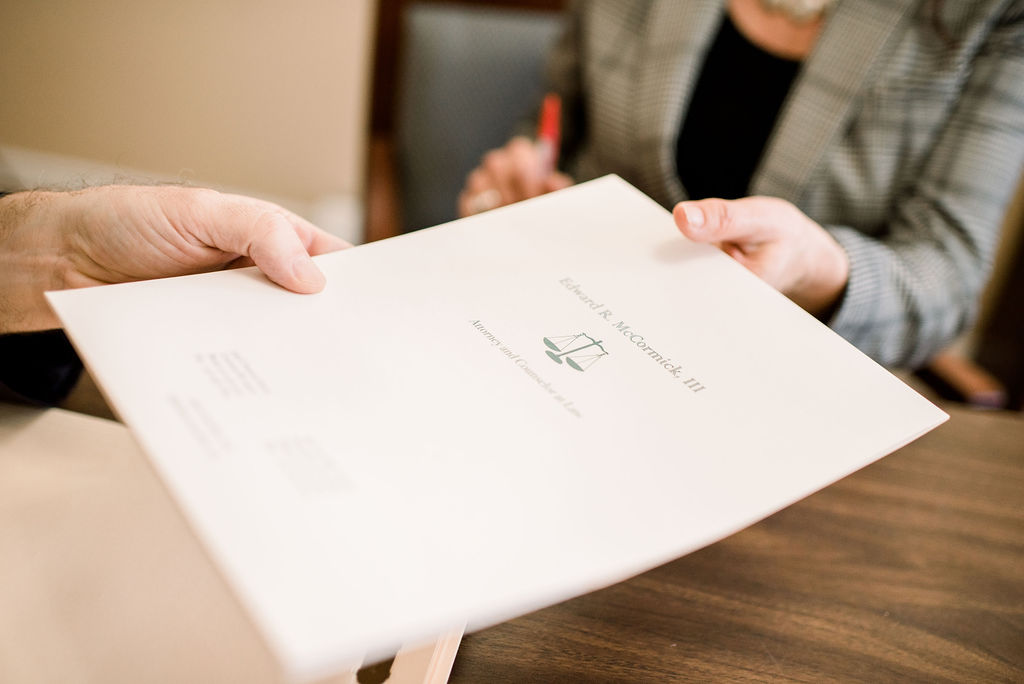Being named an executor is an honor—but also a legal responsibility. If a loved one has passed and you’re in charge of settling their estate, understanding your executor duties in Massachusetts is essential. From filing the will to distributing assets, your role is to act in good faith and in the best interest of the estate and its beneficiaries.
What Is an Executor?
An executor (also known as a personal representative) is the person appointed to administer a deceased person’s estate. Their job is to carry out the terms of the will—or follow state law if there is no will (intestate estate). In Massachusetts, probate is handled through the Probate and Family Court in the county where the decedent resided.
Key Responsibilities of an Executor
1. File the Will and Petition for Probate
Submit the original will and a petition to open the estate with the appropriate court. You’ll also need:
- A certified death certificate
- A list of heirs and beneficiaries
- A formal request to be appointed as executor
If approved, you’ll receive “Letters of Authority,” granting you legal power to act on behalf of the estate.
2. Notify Heirs and Creditors
Massachusetts law requires you to notify all interested parties—including beneficiaries and potential heirs—of the probate proceeding. You must also publish a public notice to alert creditors.
3. Inventory and Appraise Assets
You must create a detailed inventory of the estate, including:
- Real estate
- Bank accounts
- Retirement plans
- Vehicles
- Personal property
- Business interests
You may need professional appraisals for high-value or complex assets.
4. Pay Debts, Claims, and Taxes
As executor, you are responsible for settling:
- Outstanding debts (medical bills, credit cards, loans)
- Valid creditor claims
- Final income taxes and estate taxes (if applicable)
Debts must be paid before any distributions to heirs.
5. Distribute Assets According to the Will
Once debts and taxes are resolved, you can distribute the remaining assets to beneficiaries, in accordance with the will’s instructions or Massachusetts intestacy laws if no will exists.
6. File a Final Accounting and Close the Estate
You must submit a full accounting to the probate court showing all income, expenses, and distributions. Once approved, the estate can be formally closed, and your duties as executor are complete.
How Long Does Probate Take in Massachusetts?
Most estates are completed within 9 to 18 months, depending on:
- The complexity of the estate
- Whether real estate must be sold
- Disputes between heirs or creditors
- Delays in gathering or appraising assets
Working with an attorney helps streamline the timeline and avoid procedural errors.
What If There Is No Will?
If the decedent died intestate (without a valid will), the court appoints an administrator instead of an executor. The process is similar, but assets are distributed based on Massachusetts intestacy laws, which prioritize spouses, children, and other relatives.
Do You Need a Lawyer to Serve as Executor?
While it’s possible to act as executor without legal counsel, doing so carries risks. A probate attorney helps by:
- Preparing and filing court forms
- Advising on asset valuations and tax filings
- Resolving creditor disputes
- Reducing personal liability exposure
- Ensuring the estate is closed properly
Related Reading
Final Thoughts
Fulfilling executor duties in Massachusetts requires diligence, patience, and legal understanding. You’re not just honoring someone’s final wishes—you’re also complying with court procedures and protecting the estate’s value for beneficiaries. Don’t go it alone. Partnering with an experienced attorney can make the process smoother, faster, and more secure.
Need help fulfilling your role as executor?
Contact McCormick Law Offices for trusted probate support throughout Massachusetts.







